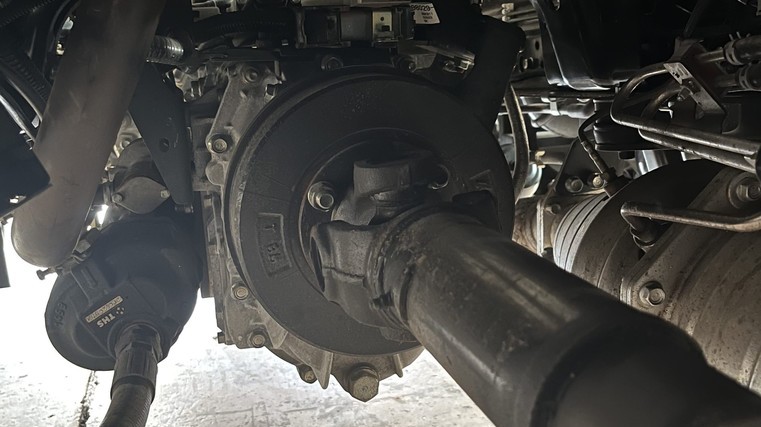Agency issues brakes alert

Waka Kotahi New Zealand Transport Agency has issued a safety alert for owners and drivers of vehicles fitted with cardan-shaft park brakes to raise awareness of the limitations of the mechanism, including the potential risks of parking on slopes.
The agency has been working with industry since last year to raise awareness of the importance of safe use and maintenance of vehicles fitted with cardan-shaft brakes.
Four incidents involving these brakes in New Zealand have resulted in fatalities over the past decade, including brakes fitted to road vehicles as well as off-road equipment.
A previous technical bulletin issued by WorkSafe in 2018 provided information for vehicle operators on safe use of these systems and how they can fail. The Waka Kotahi safety alert issued on July 21 provides further detail to advise owners and operators on how the brakes are designed, and what precautions to take when using them.
Cardan-shaft park brakes – also known as driveshaft park brakes – are fitted to many small to medium trucks and a small number of passenger-service vehicles.
They differ from “normal” parking brake systems by preventing the vehicle’s driveshaft from turning, rather than directly preventing the rear wheels turning.
“Owners and drivers of vehicles with cardan-shaft park brakes need to understand the brake’s designs and their limitations,” says Neil Cook, acting director of land transport.
“A cardan-shaft park brake is designed to hold a vehicle stationary, but it must be used correctly and in accordance with the manufacturer’s instructions.”
The design of the brake means the vehicle may roll away when parked on a slope, especially if the load is changing or if the vehicle is parked on an unstable surface. Drivers should avoid parking on slopes or use wheel chocks when parked on a slope and when the vehicle is jacked.
In addition, drivers should be aware that the park-brake lever may require more force than they are used to, especially if they don’t drive a vehicle with this type of brake regularly. More force may also be required when the vehicle is fully laden.
“Keeping to the maintenance schedule recommended by the manufacturer is vital to ensure these brakes perform properly,” says Cook.
“Owners also need to make sure that any person driving their vehicle knows it is fitted with a cardan-shaft park brake and what their limitations are.”
Following the issue of the safety alert, further communications to the industry and owners are planned. This includes supporting advertising in industry publications, letters to owners, and videos to educate vehicle-inspection organisations and the service industry.
A more rigorous in-service check of the brakes’ performance using a roller-brake machine test during six-monthly certificate of fitness inspections is expected to be introduced for most classes of vehicles with cardan-shaft park brakes from October 1.





